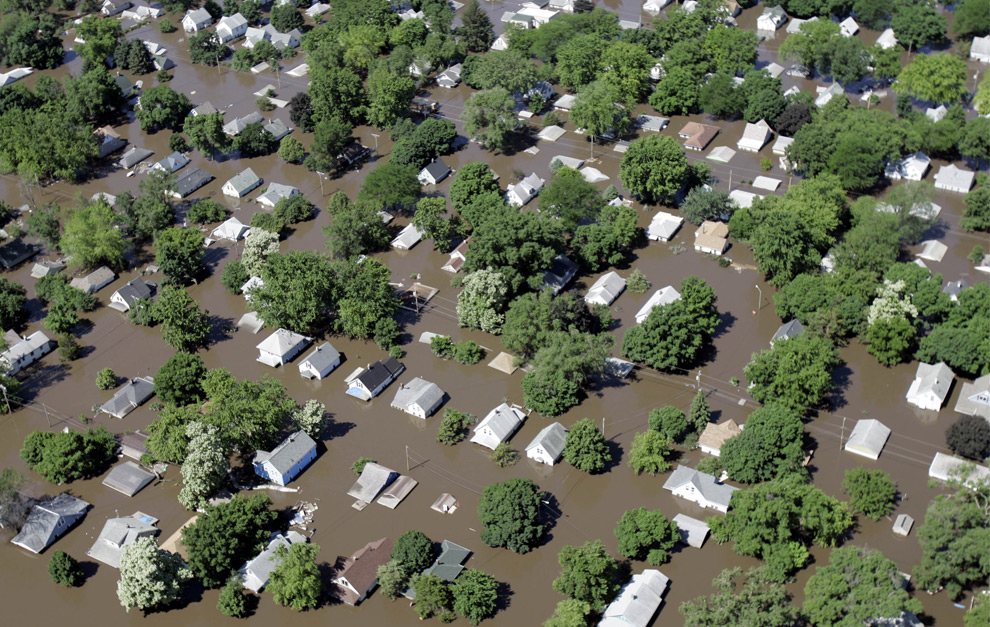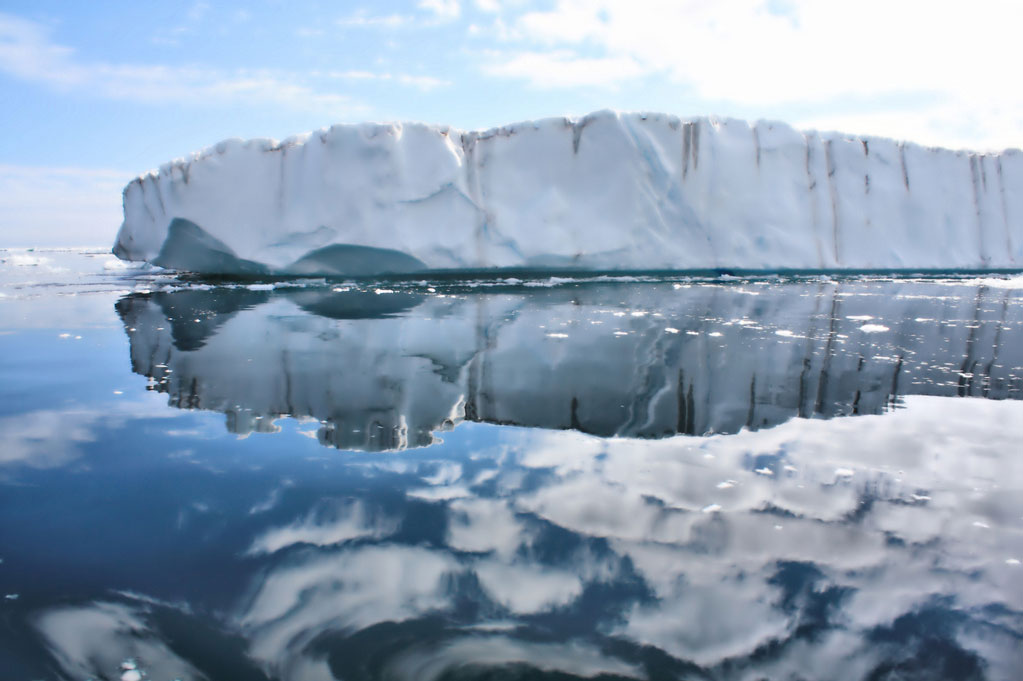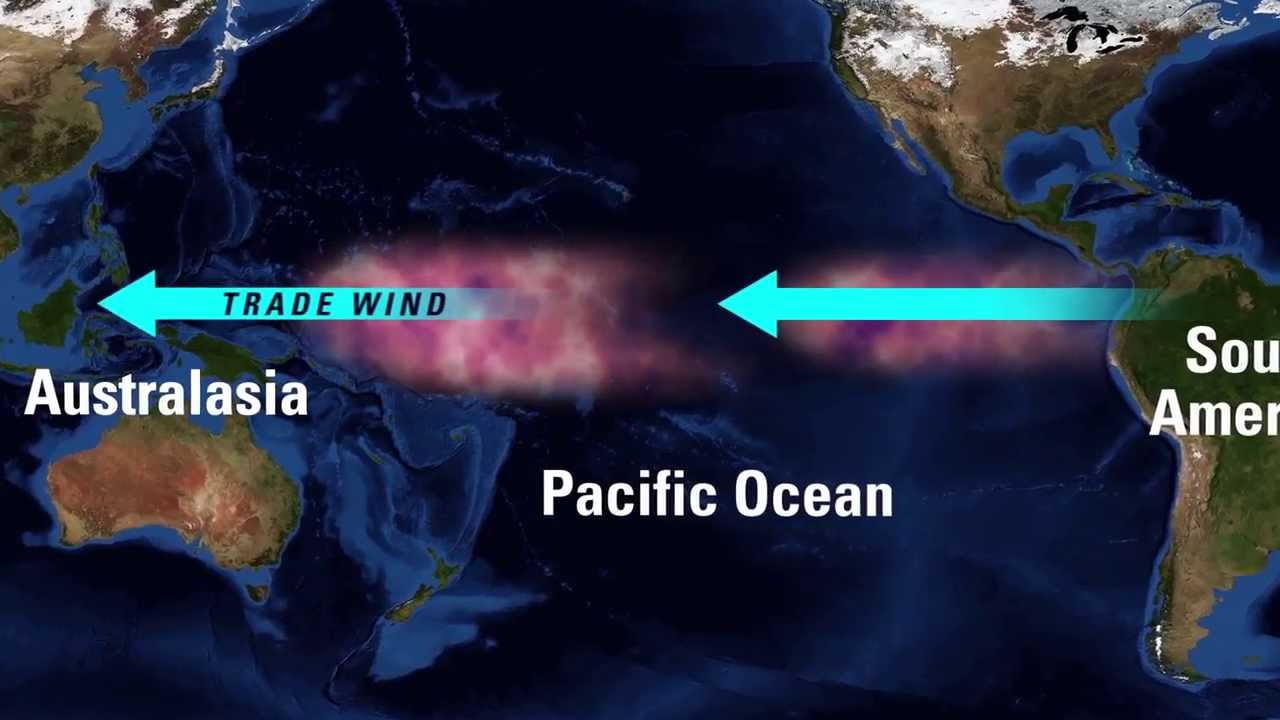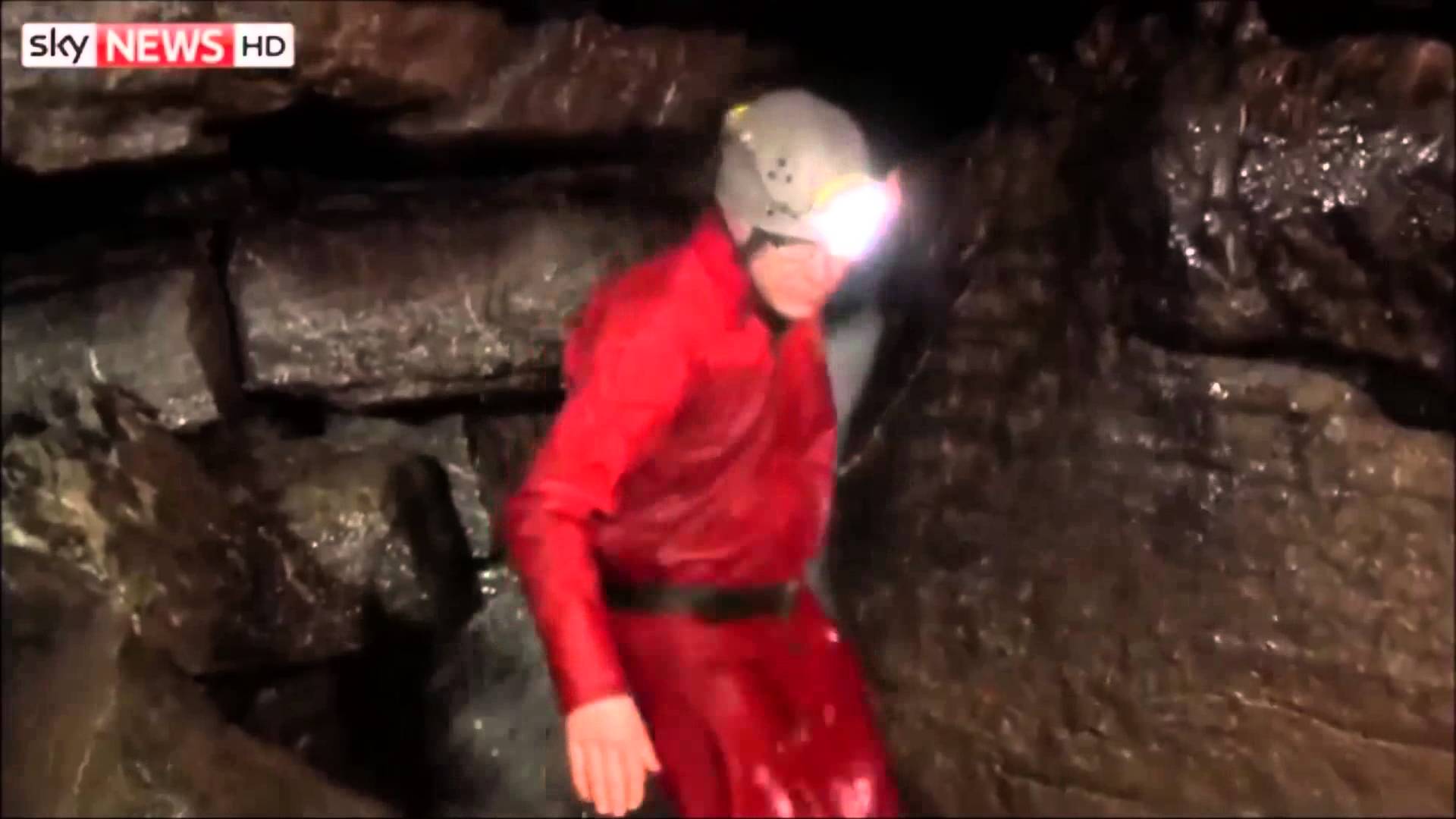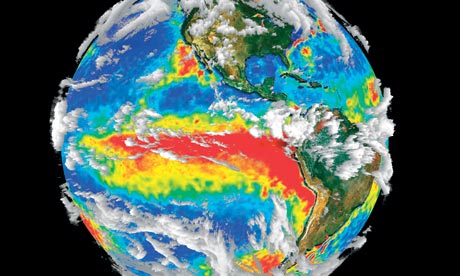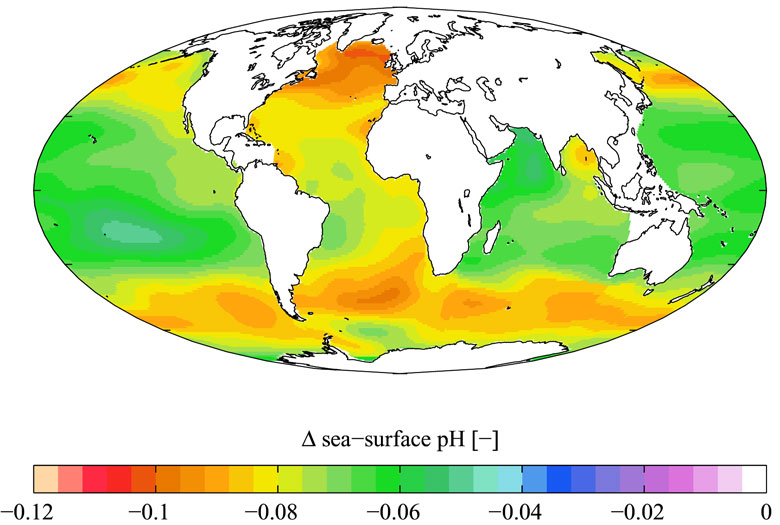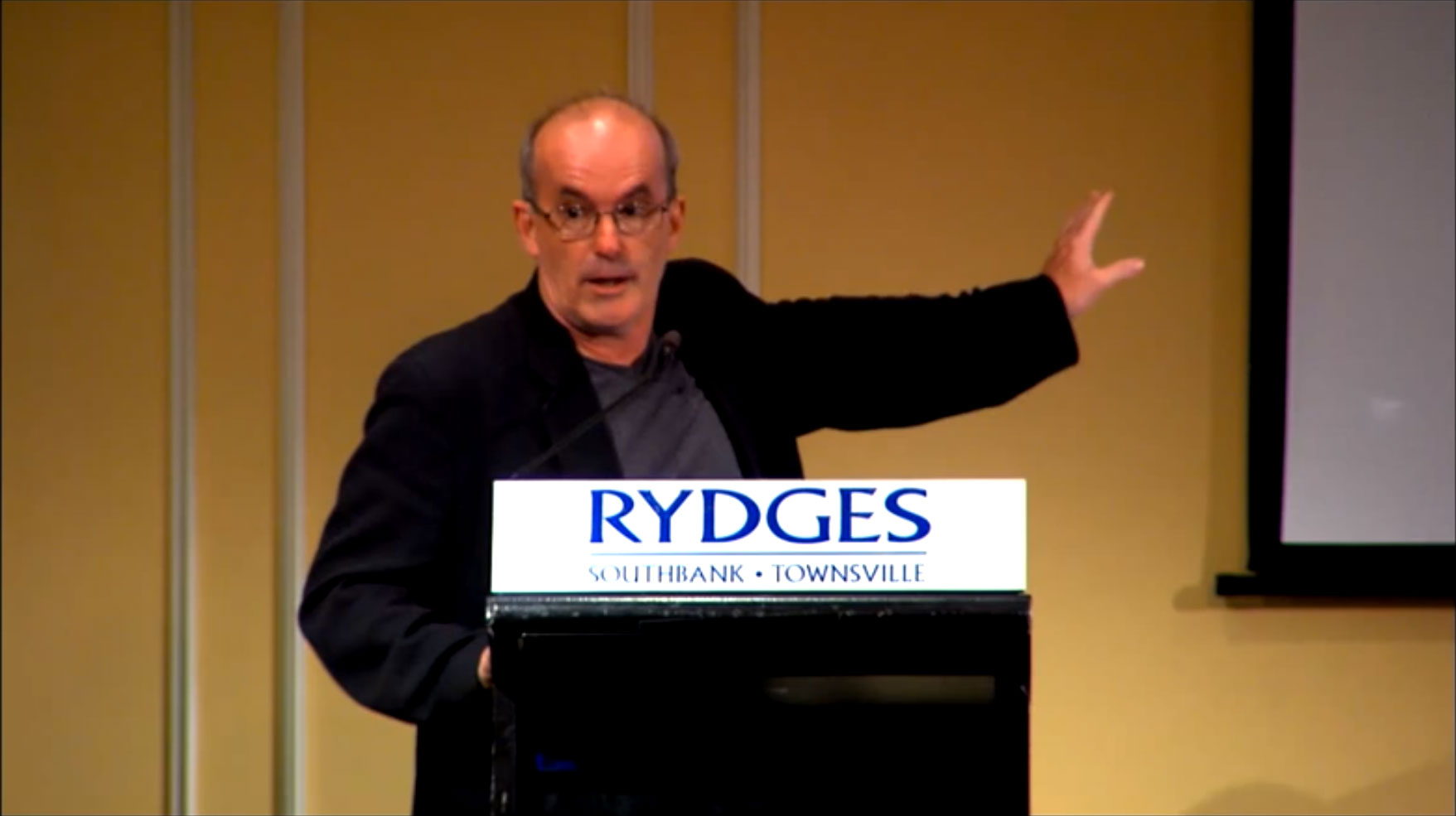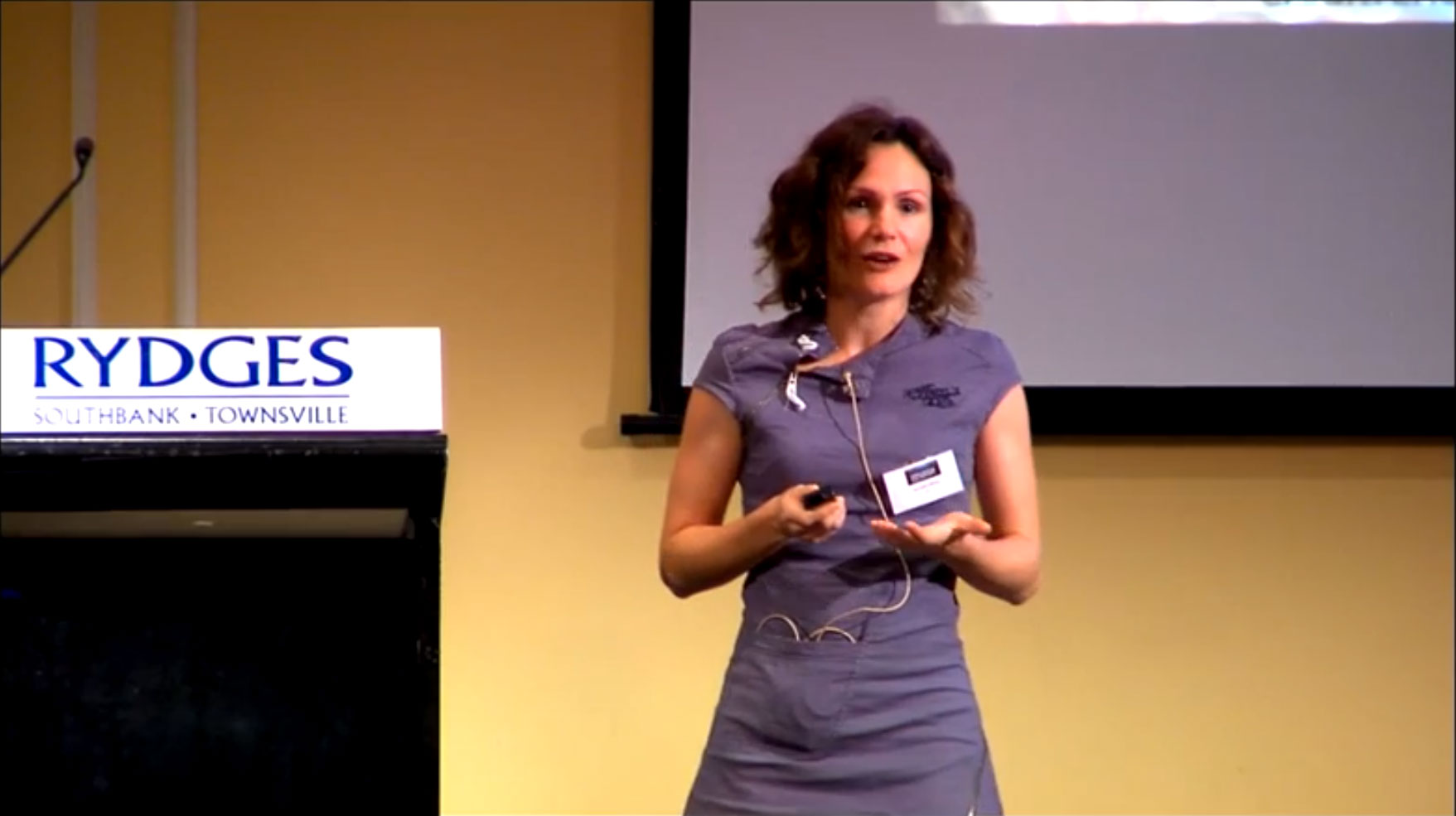Jerry Mitrovica, Harvard University talks March 31-April 2, 2011 at […]
Published on Feb 9, 2014Heat stored in the western Pacific […]
Andy McKenzie, a groundwater scientist at the British Geological Survey, […]
The Guardian: According to the global surface temperate data set compiled […]
March 2013, Volume 36, Issue 2, pp 221-236 Read the full study @ http://link.springer.com/article/10.1007/s12237-013-9594-3/fulltext.html | […]
Oct 15, 2013 by ARC Centre of Excellence for Coral […]
